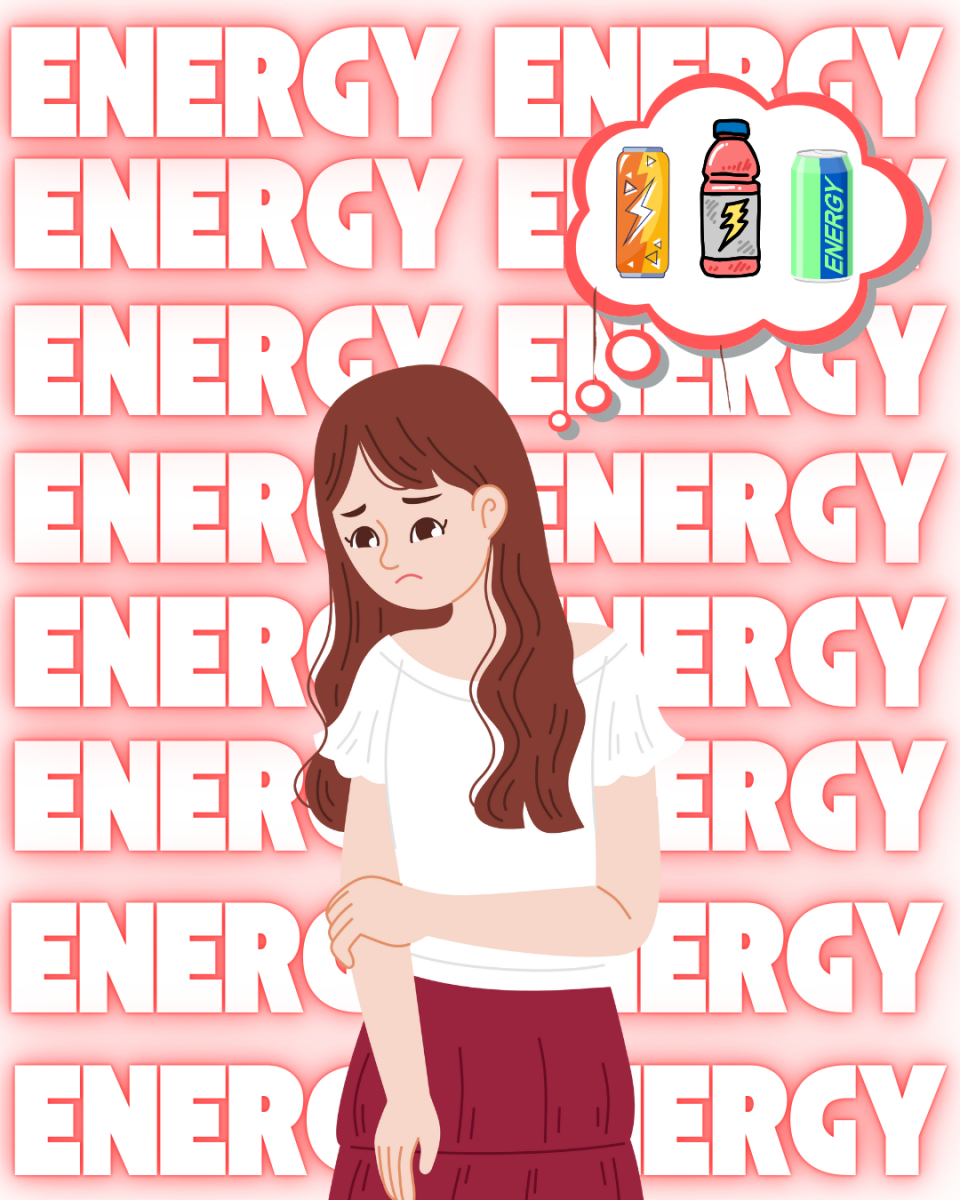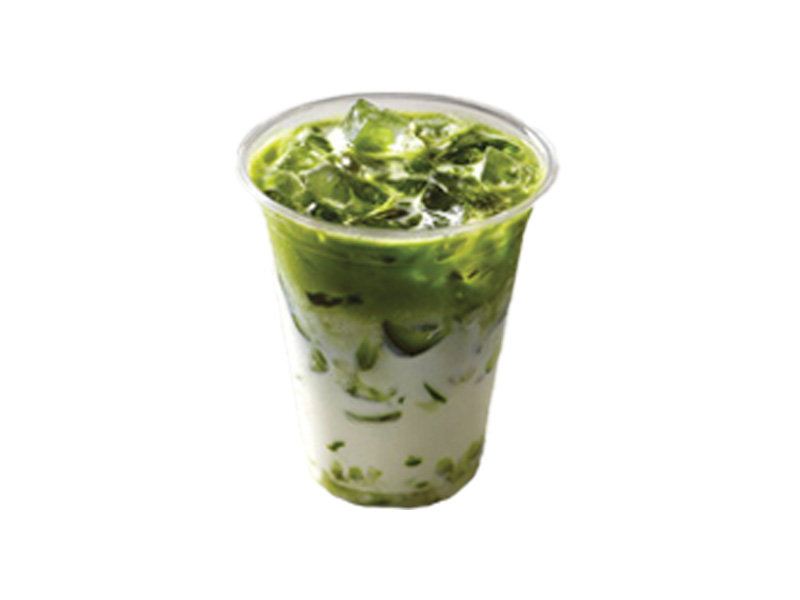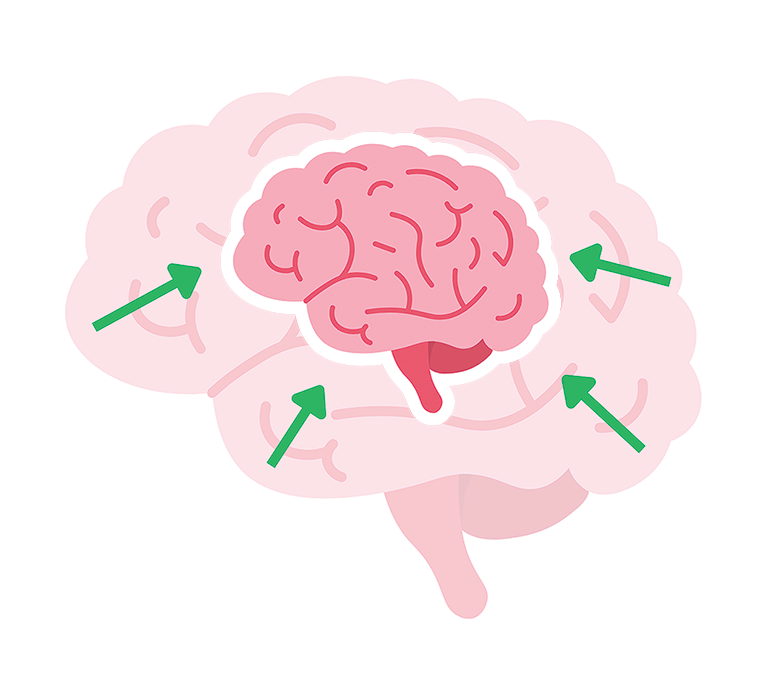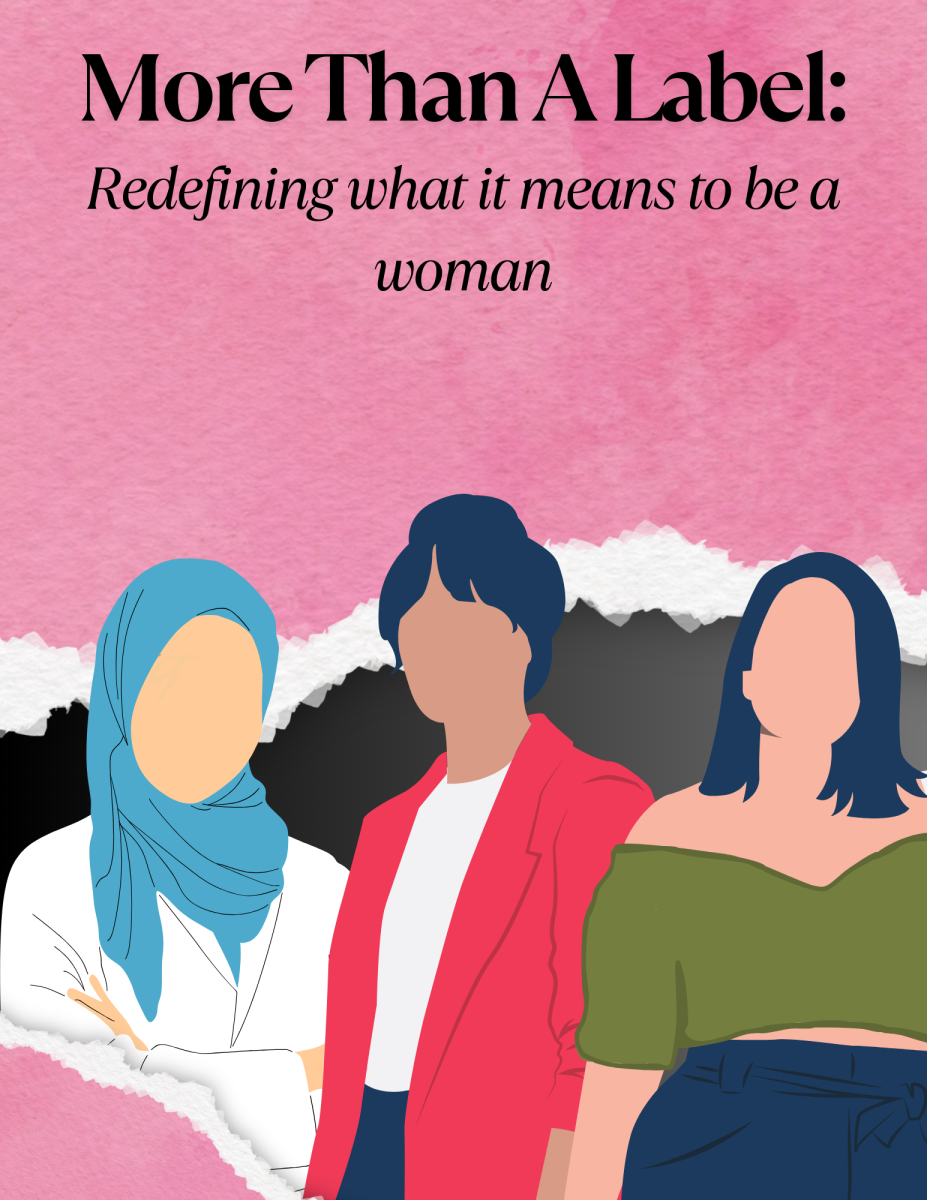Shelves lined with vibrantly colored energy drinks catch the eyes of many young students on their way to class. While some may find themselves reaching for their second can of Bubbl’r, others stroll right past. This recent increase in energy drink consumption in the past years raises new questions about their impact on teens’ health.
Although some are firm believers against the products, many others support them.
Freshman Marin Weisser, finds herself consuming an average of nine energy drinks per week. While this may fluctuate depending on her week, she has been an avid Bubbl’r enthusiast since the seventh grade.
Caffeine has proved to be a reliable energy source for many teens while trying to battle the tiredness that burdens them throughout their school week. Although the possibility of negative health effects lurks in the backs of their minds before taking another sip, most prioritize an instant energy boost in order to perform well, over the potential risks.
Weisser is aware of the potential risks energy drinks pose to her health, but continues to drink them along with millions of teens every day.
“I think that there’s so many things that are more harmful, and right now I need things that make me stay awake, and I just prioritize that energy over the health risks at the moment,” Weisser said.
Numerous students not only enjoy the energy these drinks provide, but the taste is particularly addicting. They may seem deceivingly ideal because they dim the risk of potential harm with seemingly beneficial properties.
Weisser’s reasoning behind her consumption follows this pattern as she said “Well, number one, I just really like how they taste. And number two, I’m really tired all the time, so they just, like, make me focus.”
The consumption of coffee by adults to the consumption of energy drinks by teens was compared by Weisser to demonstrate the idea that although we may be knowledgeable with the fact that these products may be harmful to us, most will continue to drink them because they value a convenient and reliable energy source over health risks.
The rationality behind energy drink consumption differs between each individual, but whether you like or dislike them, consuming them will always bring light to the greater concerns you hold throughout your day to day life.
Despite the love and support energy drink companies have earned themselves, others find themselves in the opposing position. Southeast High School, physical science teacher, Nate Myers, simply believes energy drinks contain ingredients that may cause underlying health risks affecting their consumers. More specifically, the popular energy drink brand, Bubbl’r.
“In Bubbl’rs there’s an Erythritol, which is a man-made sugar. It’s a fake sugar that has been known to cause heart disease, heart attack, stroke, and high blood pressure,” Myers said.
Although the man-made sugars that Bubbl’r contains are harmful, Myers agrees that it is best to keep moderation in mind when ingesting energy drinks. Moderation may not have been the first thing in mind when Weisser consumed enough caffeine to experience a heightened heart rate.
“I don’t feel any negative effects from them, besides, like, sometimes a heightened heart rate. I am in debate, and we have tournaments that last, like all day long and I definitely drink them multiple times a day and I felt my heart beating really fast and my hands were shaking.”
In relation to Myers’ concerns, as many companies market to teenage audiences, the public remains unaware of the long term effects certain ingredients within energy drinks may cause.
“We don’t know how those ingredients are going to affect teens as they grow older. And we don’t know exactly what long term effects those things can lead to.”
Due to the years of data and research required to gain knowledge on the long term effects of energy drinks, our comprehension ends with the potential risks. Without this knowledge most teens will continue to consume energy drinks with only the benefits in mind to shadow the reality of their harm.
“It’s a band aid for the things that we deal with in our society and lives. Like, we have kids that are staying up playing video games for long periods of time,” Myers said. “So, we need something that’s quick, fast, and easy, to help us get a jolt of energy to get going. The only problem is you’re always going to crash, and there’s always going to be a side effect from that.”
Just as many things in life have proven themselves capable of both benefiting and harming us, the reality behind it all is that what we hold with more value will always bring light to the things in life with lesser merit, such as instant energy, over our health.








London Lambrecht • Aug 26, 2025 at 12:55 PM
I am using this for my economics class and I got to say that I did not see some of these facts coming. Great job.